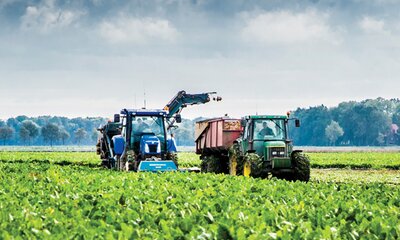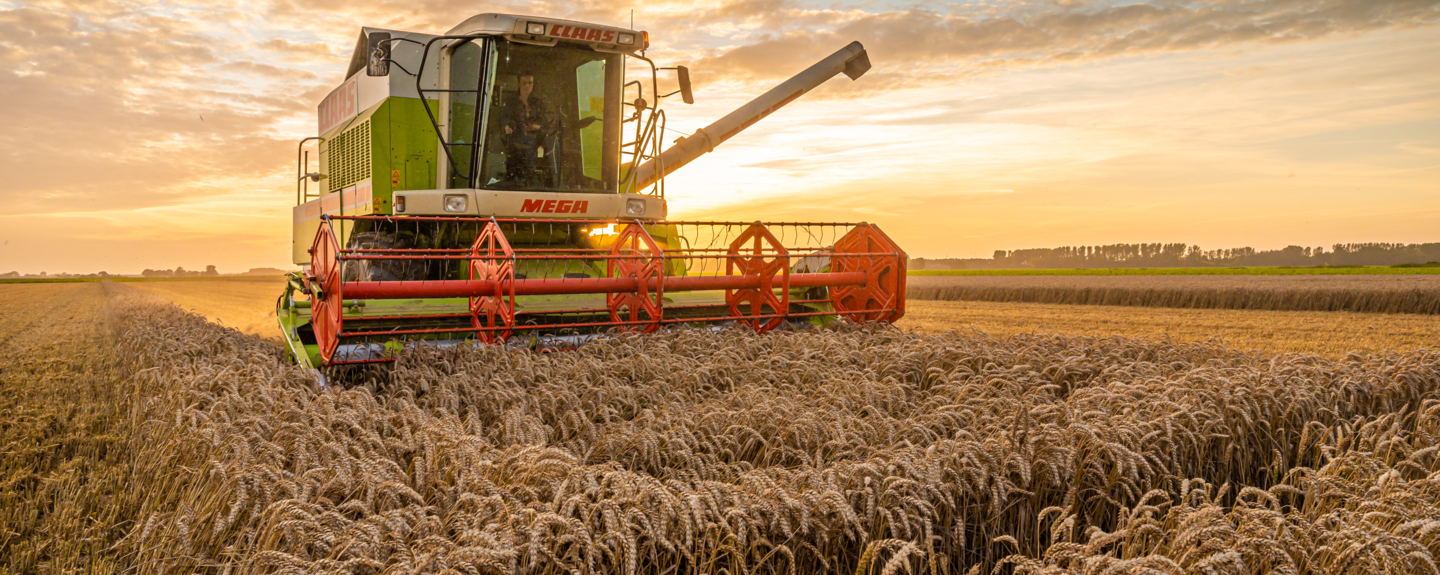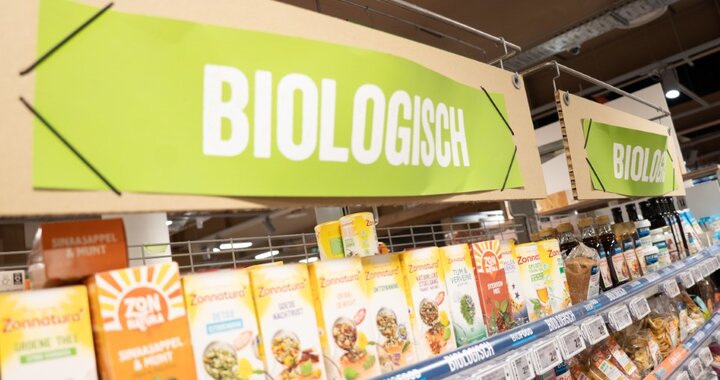Compensation by soil carbon storage
The research examined the carbon footprint of arable crops and how carbon sequestration in arable soils and biobased building materials can help reduce this climate impact. It appears that the carbon footprint of potatoes, sugar beets, and wheat is generally lower than a significant portion of agricultural products, such as meat, milk, and some vegetables. Subsequently, this climate impact of arable farming can be offset by sequestering carbon in arable soils, where techniques like reduced tillage, application of organic materials, or cover crops can contribute to increased carbon sequestration.
Short term vs long term storage
However, these options do not guarantee long-term carbon storage. This guarantee can be more easily provided through the cultivation of fiber crops to produce biobased building materials, as carbon remains stored in building materials for longer periods. Thus, growing fiber crops for biobased building materials presents an attractive opportunity, although it is not without its challenges.
Curious?
The full research report can be found here (NL).


















